Raising well-behaved kids is the goal of every parent. Children are pretty much driven by emotions, that’s why it’s necessary to adopt a parenting style that supports your children’s interests and builds a foundation for their better behavior. Positive parenting teaches children acceptable behavior and makes them more mentally adjusted.
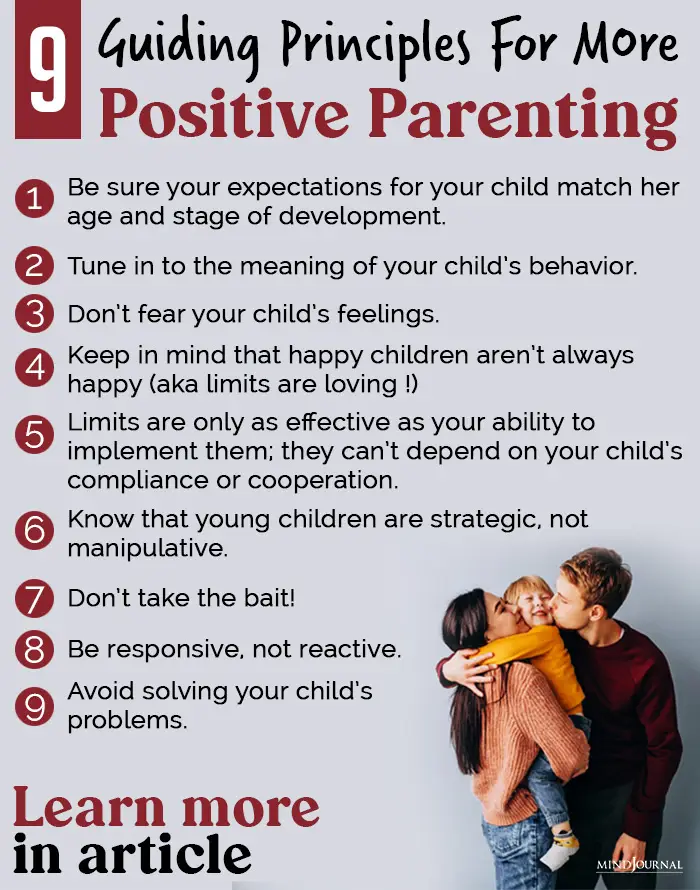
Here are guiding principles for more positive parenting.
1. Be sure your expectations for your child match her age and stage of development.
The first principle for more positive parenting is to recognize that young children are driven by emotions, not logic, so irrational behavior is totally normal. The part of the brain that enables us to think about and manage our feelings and impulses is not well-developed until five to six years of age. Expecting more from children than they are capable of can lead to lots of frustration for both parents and children.
Having appropriate expectations is critical to positive parenting because the meaning you assign to your child’s behavior influences how you react. If you think your child is purposefully breaking rules, you are much more likely to react in harsh ways that further distress your child instead of calming her.
If you see these behaviors in the context of normal development, you are more likely to approach your child with empathy and appreciate these moments as opportunities to teach good coping skills.
Read 12 Powerful Parenting Phrases To Discipline Your Kid
2. Tune in to the meaning of your child’s behavior.
Getting to the root cause of your child’s actions can help you to respond in ways that are sensitive and effective. A tantrum in the grocery store might be caused by sensory overload, fatigue, or disappointment about not getting a cookie from the bakery. Biting might be a self-soothing strategy, a way to keep others at a distance, or an expression of anger.
So, the second principle for more positive parenting – understanding the root cause of behavior can help you come up with discipline strategies that address the underlying issue and help your child build strong coping skills.
This means considering some factors that impact behavior:
What’s going on in your child’s world—has she experienced a recent move?
A new caregiver? A recent loss? Parental stress?
It’s also important to think about your child’s temperament. Is she a big reactor or a go-with-the-flow kind of kid? Is he persistent or does he get frustrated easily?
How does she react to new people and experiences—does she jump right in or need time to feel comfortable?
All of these factors influence children’s ability to cope with life’s natural stressors, such as adapting to new experiences, learning to wait, and managing daily transitions.

Read The 4 Common Parenting Styles and Their Effects on Kids
3. Don’t fear your child’s feelings.
Feelings aren’t “right” or “wrong”, and they are not the problem. It’s what children (and we adults!) do with our feelings that can be problematic. Ignoring or minimizing feelings doesn’t make them go away, they just get “acted-out” through behaviors (often negative) that can lead to more stress, not less, for your child…and you.
The third principle for more positive parenting is Naming feelings – it is the first step in helping children learn to manage them—a key factor for developing self-regulation.
Read 4 Types Of Parenting Styles In Psychology: What Kind Of A Parent Are You?
4. Keep in mind that happy children aren’t always happy (aka limits are loving !)
Just because a child doesn’t like a limit, and is unhappy in the moment, doesn’t mean it’s not good for him. (I have yet to hear a 3-year-old say, “Thanks, Dad, for not letting me have those M&M’s before dinner. I know how important it is to eat my growing foods.”) Setting and enforcing clear limits is loving and is a guiding principle for more positive parenting.
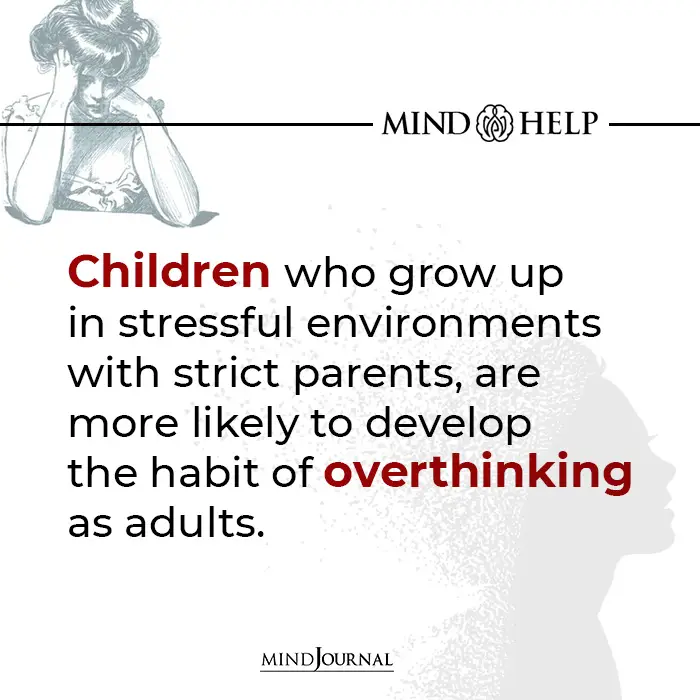
Learning to accept limits leads to flexibility and the development of effective coping strategies: accepting a cheese stick instead of candy or finding another toy to play with when the one they want is off-limits. This ability to adapt is what ultimately makes children happy and helps them be successful in the larger world. Remember, just because your child wants something doesn’t mean he needs it.
5. Limits are only as effective as your ability to implement them; they can’t depend on your child’s compliance or cooperation.
You can’t make a child get in her car seat, but you can give her the choice between climbing in herself or having you put her in. You can’t make a child stay in his room after bedtime, but you can put up a gate to provide a boundary that prevents your having to continuously (and with increasing annoyance—not good for anyone) escort him back to bed. Depending on your child to follow through puts him, not you, in the driver’s seat. And that’s the way to more positive parenting.
Read 5 Kinds Of Fear-Based Parenting Every Parent Should Steer Clear Of
6. Young children are strategic, not manipulative.
Children are driven to get what they want and will use any tools at their disposal that help them reach their goal—they are not purposefully trying to drive you crazy.
If throwing a tantrum results in extra iPad time, a later bedtime, or simply getting more of your attention, your toddler is putting 2 and 2 together, making an important assessment: “Excellent strategy! Put that one in the win column.” This is not manipulation, it is strategic.
7. Don’t take the bait!
Young children are incredibly clever—they are highly skilled at tuning in to what yanks their parents’ chains and gets them in the jugular. (I hate you—you are the meanest mommy! You are not invited to my birthday party! Sound familiar?)
While this feels so wrong, and is extremely exasperating, children are just trying to figure out how to gain the control they so desperately want, and yet have so little of.
Any reaction from you reinforces the behavior, even if your response is negative. The best way to respond to bait? Ignore it. This doesn’t mean you ignore your child—you just don’t react to the provocative behavior. Instead, acknowledge the underlying feeling: “You are mad that I took the iPad away,” and move on.
Read Modern Parenting May Hinder Brain Development: Studies Suggest
8. Be responsive, not reactive (otherwise known as “know your triggers and manage your emotions”).
Anticipate what kinds of situations get you revved up and reactive and make a plan for how to calm yourself in order to make a thoughtful decision about how to respond to your child. It might mean taking a mommy/daddy time-out.
This principle for more positive parenting gives you a chance to calm down and think through the best way to respond while throwing a monkey wrench into what might otherwise become a heated back-and-forth. (It also sometimes has the very fortunate effect of stopping the child short in his tracks—so shocked at your calm response!)
Taking this time-out can keep you from being reactive, give you time to think, and provide a very powerful model for exercising self-control. It is also a great tool for co-parents to avoid undermining each other and to allow time to come up with a united plan: “Hmm…this is a problem; you want ice cream but it is almost dinner time and that is not growing food. We need a minute to think about how to solve this problem.”

Once you have agreed on a plan, you let your child know what his choices are: “We know you love ice cream and want some now, but that is sweet for after dinner. Now your choices are apple slices or carrots.”
If he throws a big fit, you calmly and lovingly let him know you see he is unhappy about your decision and then moves on. Don’t fear the tantrum! Being responsive is the key to positive parenting.
9. Avoid solving your child’s problems.
It’s a natural, human reaction not to want to see our children struggle. Our knee-jerk response is often to rescue our children or “fix” whatever is causing them distress. (One cry of frustration from my three-year-old challenged by a puzzle resulted in my instantaneous, mom-to-the-rescue response—fitting the pieces in their correct spaces to make him feel all better—setting a pattern of him relying on me to be the fixer for years to come.)
When parents repeatedly solve their children’s problems, they are missing opportunities to help them develop the confidence that they can master new skills.
In helping make it all better so our children won’t feel bad about themselves, we are actually doing the opposite: we send the message that our children are not capable of mastering the challenges they face and that only adults can solve their problems.
Read 22 Hysterical Parenting Memes That Will Leave You In Splits
Discipline comes from the word disciple, which means to teach a follower or student. It has nothing to do with punishment, which has been shown to have negative long-term consequences for children far into adulthood.
When you approach limit-setting like that favorite teacher you had growing up, who was clear and firm but loving, who didn’t shame you when you made a bad choice but helped you see the consequences of your actions and learn to make good decisions, you give your child a gift that keeps on giving.
Please share these principles for more positive parenting with anyone who you may think will find it valuable and helpful.
Written by: Claire Lerner Pre-order her book coming out 9/2021: Why is My Child in Charge? Originally appeared on: Lerner Child Development Republished with permission
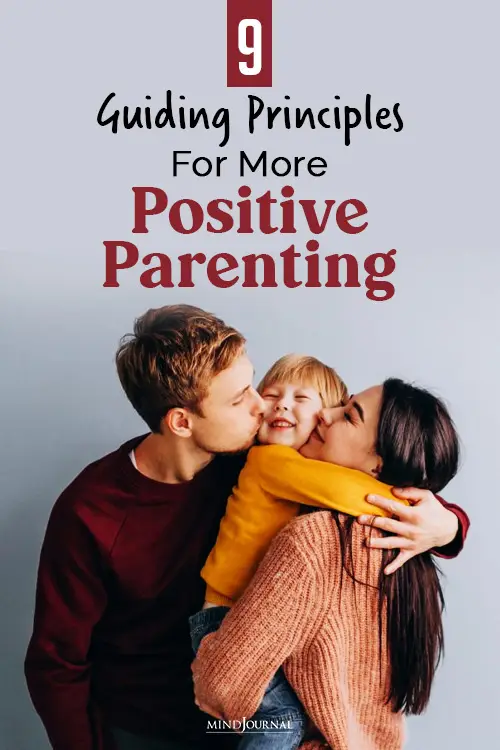
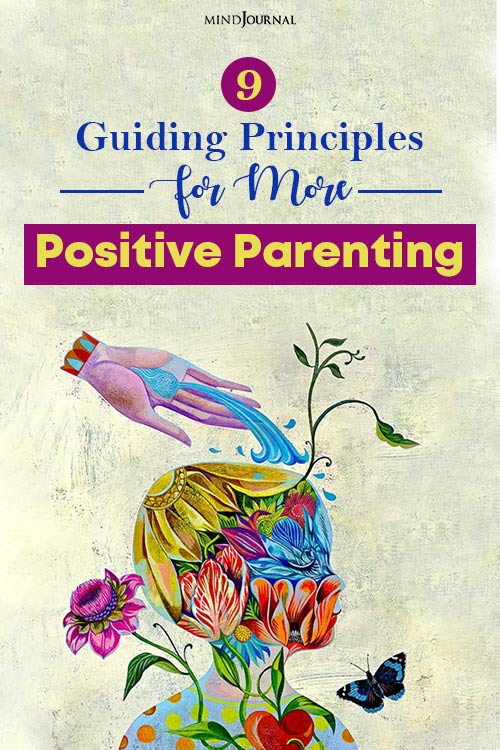
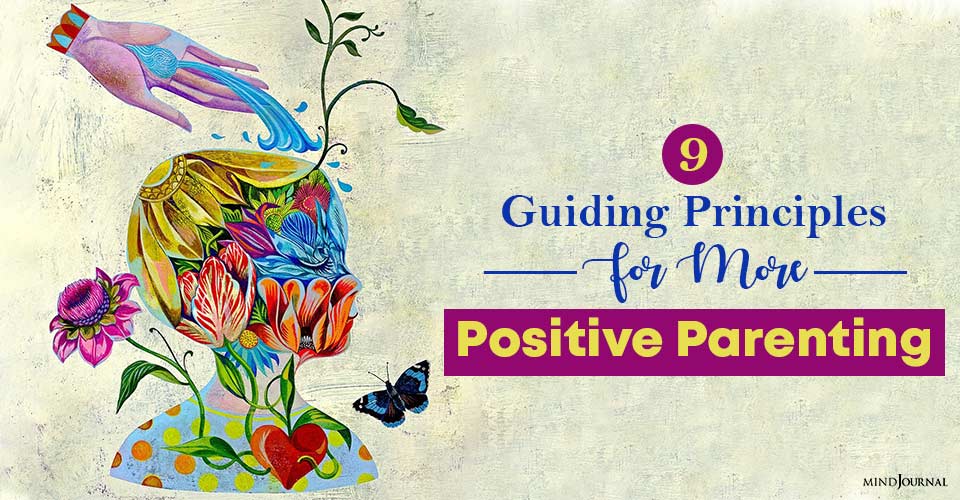







Leave a Reply
You must be logged in to post a comment.